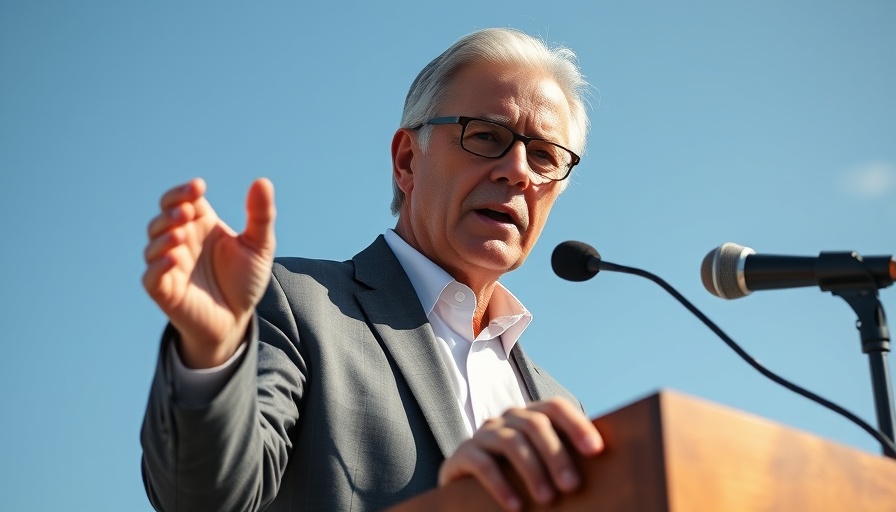
Navigating California's Health Care Dilemma: A Crucial Crossroad
Governor Gavin Newsom is facing an intricate web of challenges surrounding California's health care system, particularly concerning coverage for immigrants without legal status. As the state grapples with rising health care costs—primarily driven by an expanded Medi-Cal program—the governor must pivot towards pragmatic solutions that may necessitate sacrificing ambitious promises.
Understanding the Financial Strain on Medi-Cal
The California Medicaid expansion initiative, while progressive, has reached a critical juncture. Initially projected to cost $6.4 billion annually, expenses have surged to $9.5 billion, a staggering increase that has caught state officials off guard. Nearly 1.6 million undocumented immigrants currently rely on this coverage, making it a contentious issue among lawmakers and constituents alike.
The Political Tightrope: Will Newsom Stay the Course?
Newsom's journey toward universal health care contrasts sharply against the backdrop of a potential budget crisis. As he contemplates budget cuts, the political ramifications could be severe. Polls indicate that public support for covering undocumented immigrants is lukewarm. Thus, the governor must carefully weigh the fiscal viability of continuing this program against his promises of comprehensive health care reform.
Future Implications for Health Care Policy
The future of health coverage for California's most vulnerable populations hangs in balance. If 2028 presidential aspirations cloud decisive healthcare reforms, the backlash could hinder progress and set back the state’s health care goals. Actions taken now will resonate far beyond current budgetary constraints and may influence citizens' trust in government health policies moving forward.
Conclusion: A Call for Community Engagement
As Californians await decisive actions from their leaders, grassroots conversations about health care accessibility and immigration status are more essential than ever. It's vital for communities to advocate for balanced policies that not only support the vulnerable but also maintain fiscal responsibility. Change is possible, but it requires collective effort and dialogue to shape a future where no one is left behind.
 Add Row
Add Row  Add
Add 




 Add Row
Add Row  Add
Add 



Write A Comment